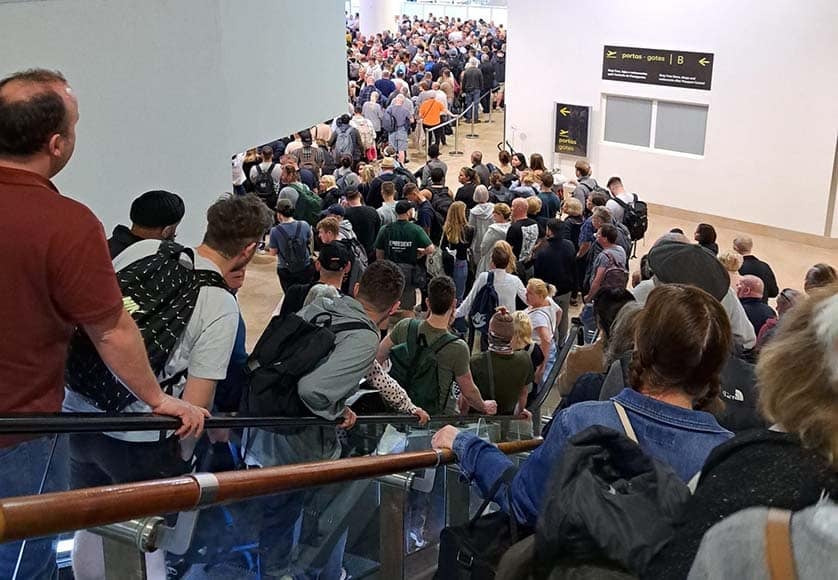
In Portugal, researchers are trying to understand why some bodies do not decompose, while the country, especially in urban areas, faces cemetery overcrowding.
Places in the cemetery are limited in Portugal. Once the bodies are decomposed, the bodies are taken out of the graves and the remains are placed in a smaller space, in order to save space. A method that has been undermined for some time by increasing the natural “embalming” of bodies.
This is the phenomenon that researchers are trying to dissect, because it appears to have been on the rise for ten years. So much so that the phenomenon in Porto in particular concerns one in three bodies, Explain to BFM Angela Silva Besa, a researcher is currently conducting a thesis on this issue.
cemetery overcrowding
In addition to the trauma to the relatives of the deceased, who learn, at the end of the time of legal burial, that the corpse, not decomposing, must be reburied, while usually a period of three to five years is sufficient for decomposition, the question space in the cemeteries is becoming more urgent.
As shown interested in trade (in English), To combat the “overcrowding” of cemeteries, particularly in urban areas, Portugal since the 1960s has imagined the concept of “temporary graves”. However, to move the bodies, there should be no more “soft tissue”. However, instead of completely decomposing, some bodies are “embalmed” for unexplained reasons.
Factors “inherent” in the buried person?
Angela Silva Besa, a forensic anthropologist from the University of Coimbra, explained to BFM that she has analyzed the soil of the graves, but also human samplessuch as fingernails, pieces of clothing, or hair taken from the deceased.
According to the preliminary results of the researcher, The floors do not seem to be in question Because in the same environment, some bodies decompose and others do not. For her, the “intrinsic factors” of the buried person favor sharing.
Therefore, it will, as Business Insider points out, set out to explore other avenues, particularly the deceased person’s lifestyles. If she’s a smoker, for example, or if she’s undergoing treatments, particularly like “chemotherapy and radiotherapy used to treat cancer,” she suggests a BFM.
The researcher still has many avenues to explore before presenting her conclusions, which may be crucial to the management of cemeteries in Portugal.






